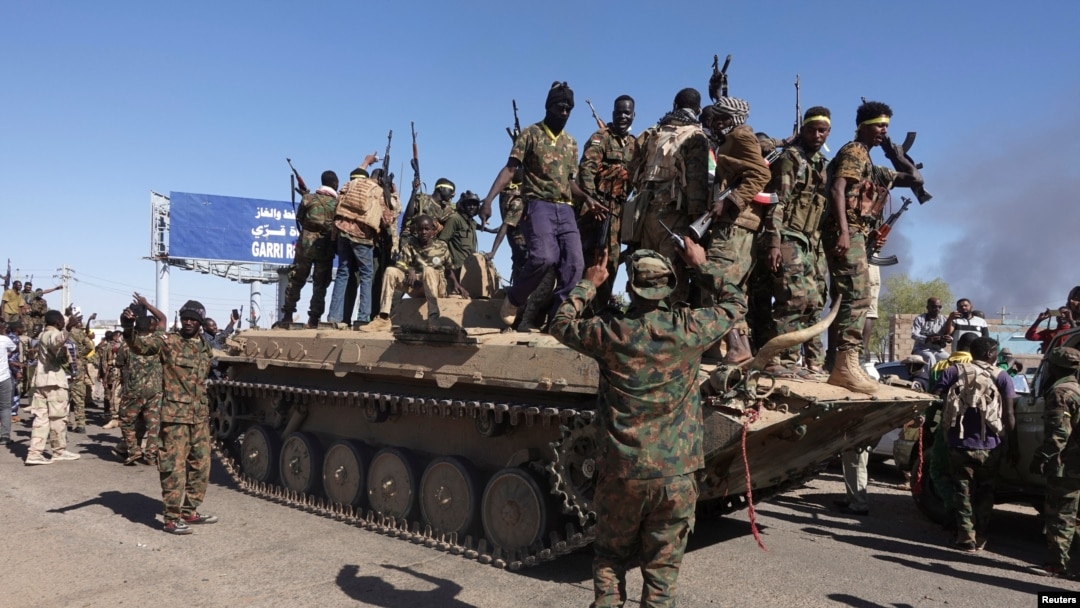158 cholera deaths recorded in Sudan’s South Darfur since May

Since the end of May 2025, the paramilitary-controlled state government revealed that at least 158 cholera deaths have been recorded in Sudan’s South Darfur state, according to The New Arab via AFP on August 23rd.
The civil war in Sudan, which has raged on since April 2023 between the Sudanese military and the paramilitary Rapid Support Forces, has left most of the vast region of Darfur under RSF control and without access to life-saving aid.
The final military stronghold in Darfur is located in the North Darfur state capital of El-Fasher, which has been under siege by the RSF since May 2024. Many humanitarian agencies have warned of the dire conditions and starvation that trapped civilians are facing.
The Darfur region consists of five different states. Ever since it recorded its first cholera case in late-May, South Darfur has accounted for over half of the cholera cases across the entire region, according to the World Health Organisation on August 22nd.
The South Darfur health ministry revealed a total of 2,880 recorded cases, with 158 fatalities. On August 22nd alone, 42 cases were recorded, with two of them proving fatal.
Medical charity Doctors Without Borders (MSF) said that the cholera outbreak in Darfur is the worst experienced by Sudan in years. It also warned that it threatens to spill-over into neighbouring Chad and South Sudan.
According to MSF, 2,470 cholera-related deaths were recorded across the entire nation within the space of a year, from 99,700 suspected cases. The charity also explained that the disease “is hitting people who already struggled with water shortages that made it impossible to follow essential hygiene measures, such as washing dishes and food.”
Cholera is an acute intestinal infection transmitted through water and food that has been contaminated with bacteria, most often from faeces. If it is not attended to, the disease can kill within hours. Treatment is very straight forward, done with oral rehydration for mild cases and antibiotics for more severe cases. However, the shortage of medical supplies and clean water has made adequate treatment extremely challenging for medical personnel.
The New Arab, AFP, Maghrebi.org, MSF
Want to chase the pulse of North Africa?
Subscribe to receive our FREE weekly PDF magazine














